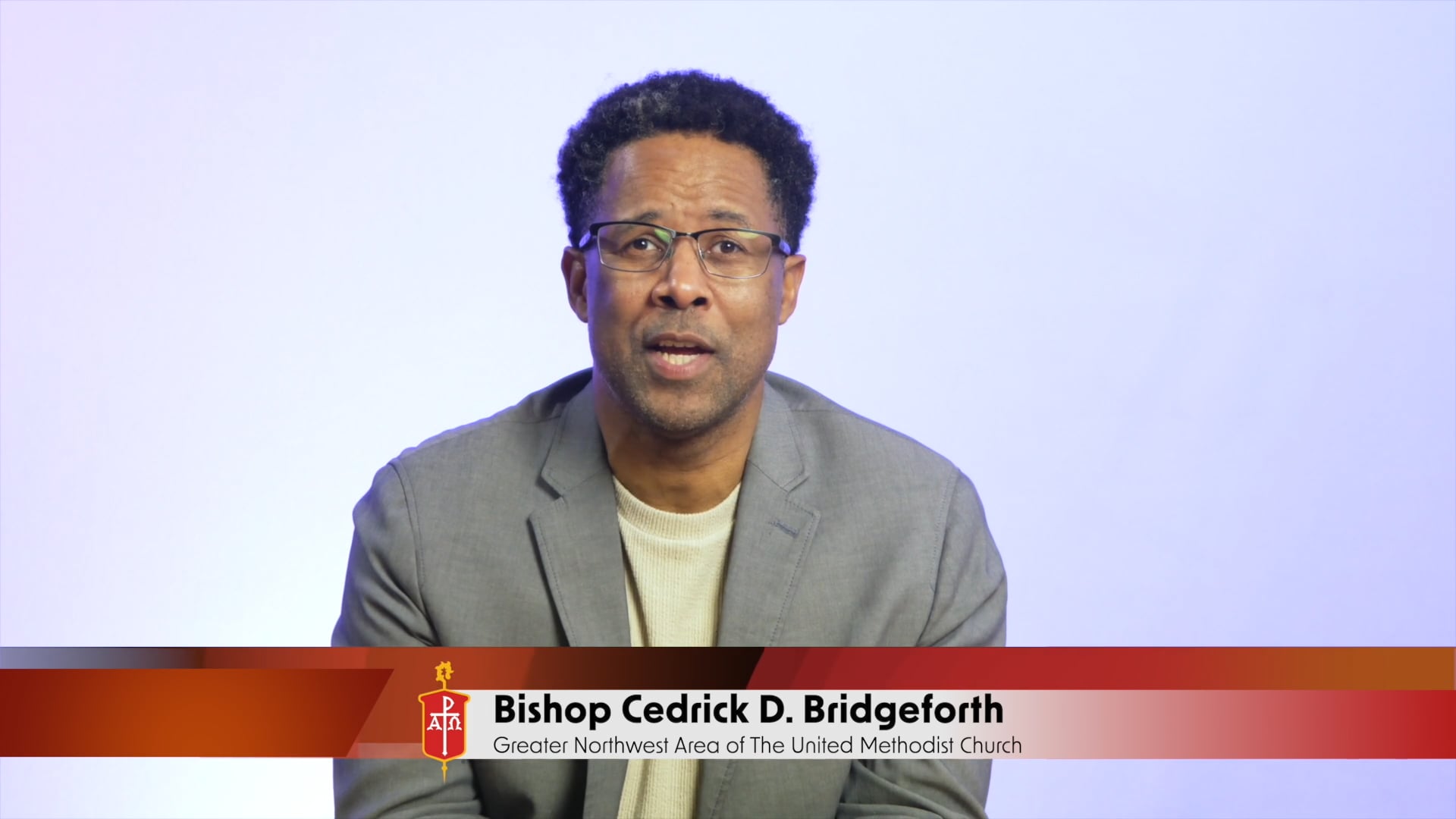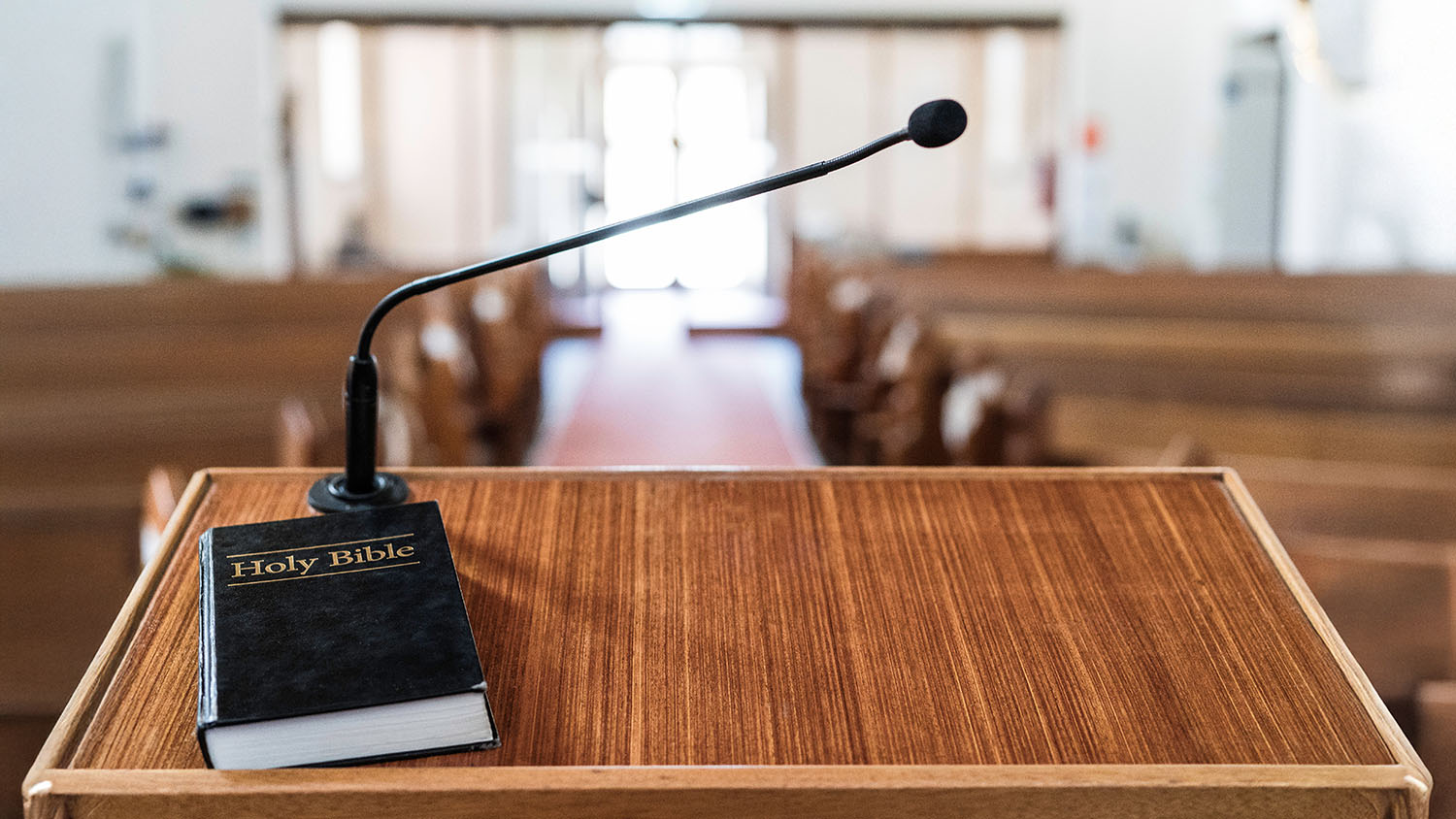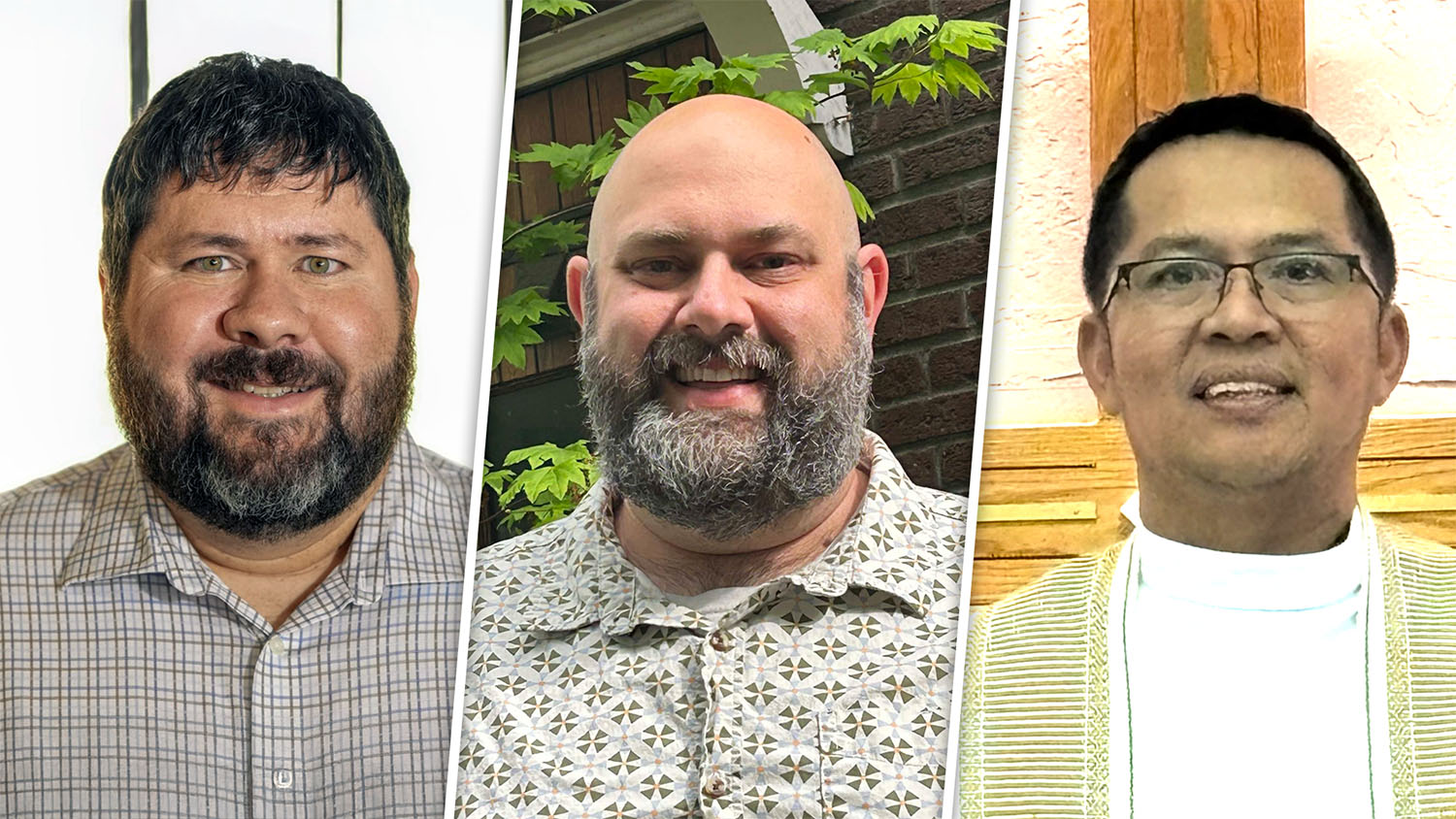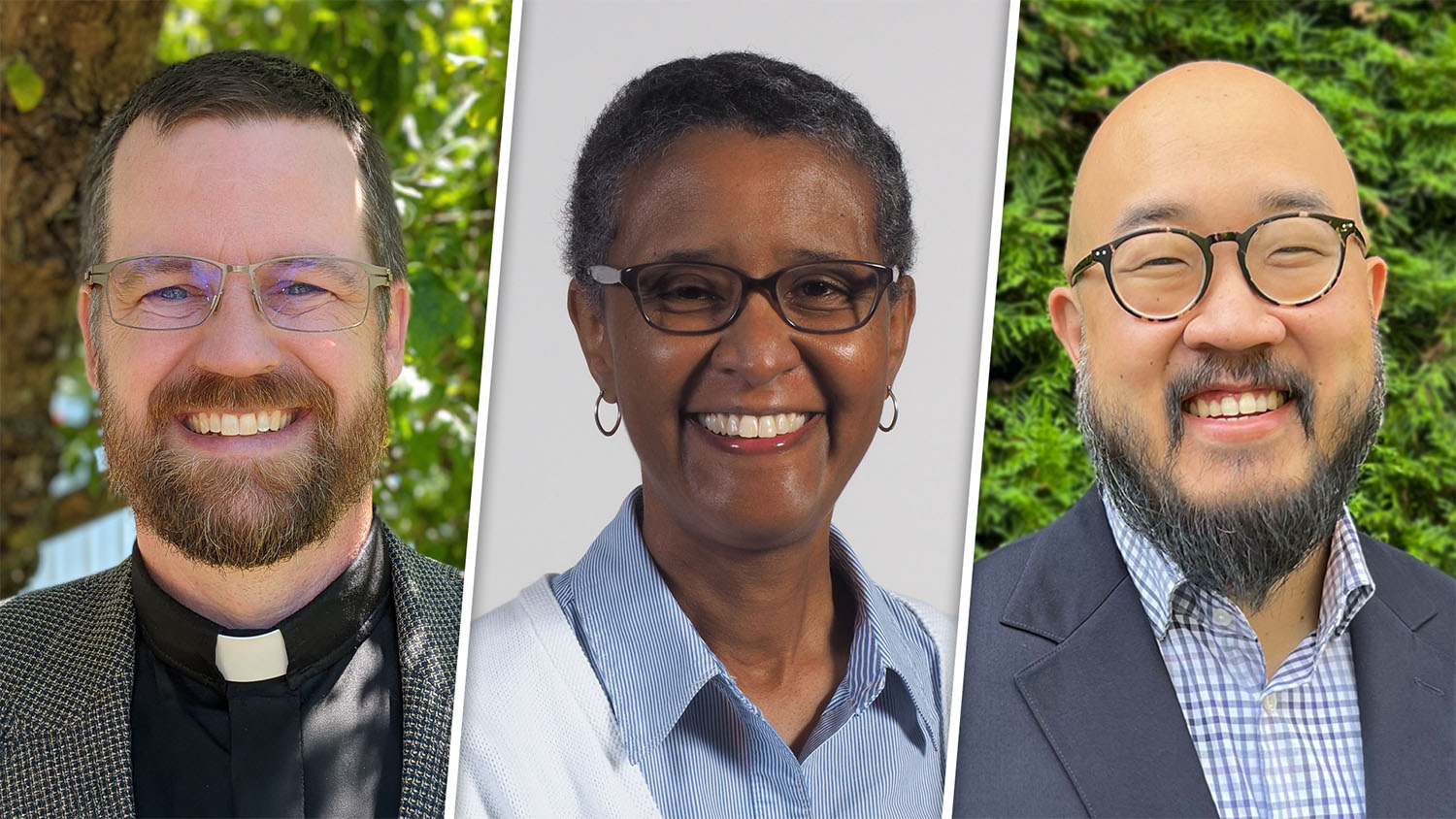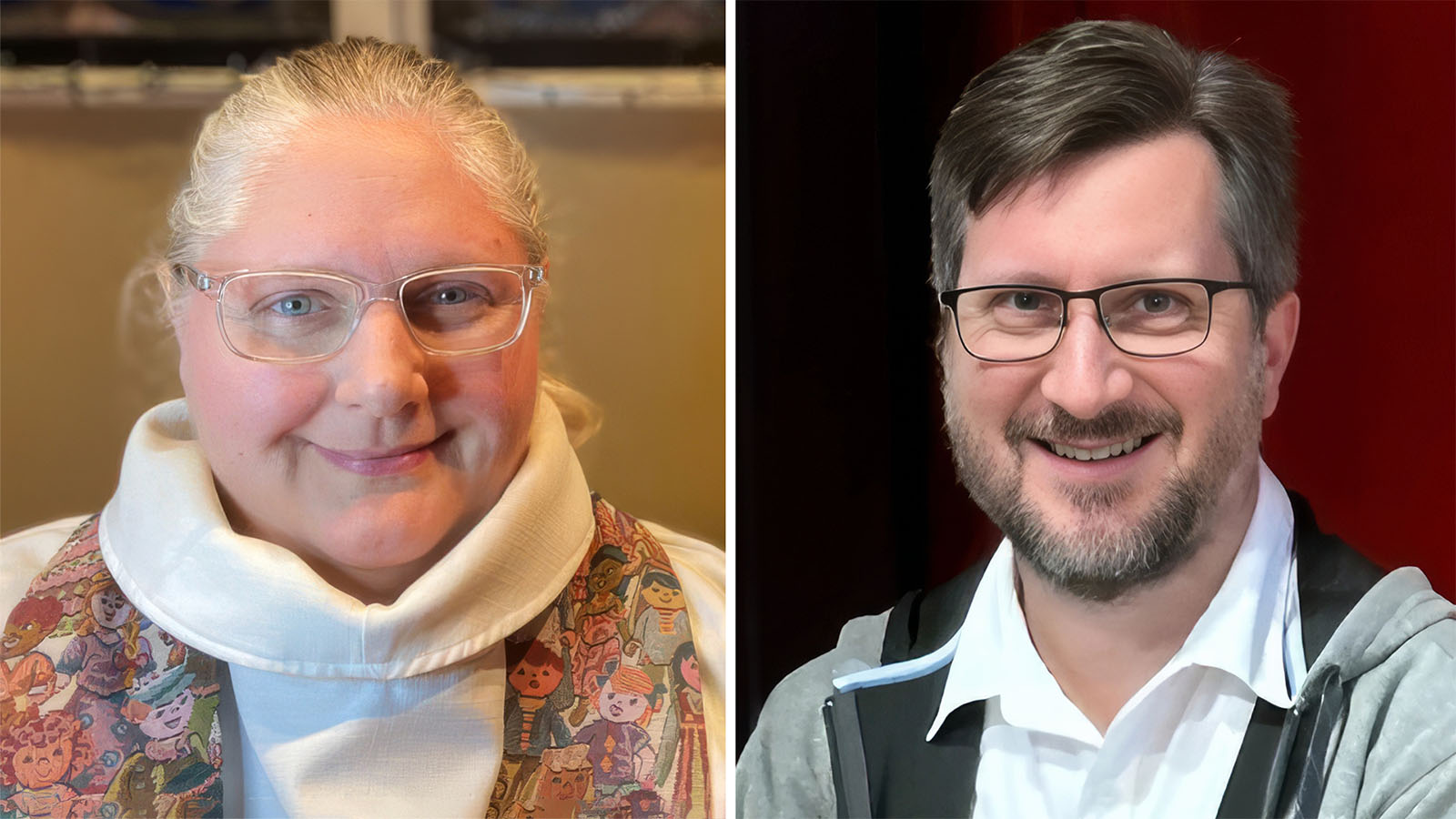Columbia and Sage District Superintendents team
Bishop Cedrick D. Bridgeforth intends to appoint Rev. Duane Anders, Rev. Dr. Troy Lynn Carr, Rev. Melissa Harkness and Rev. Dr. Rob Walters to a superintendency team overseeing the Sage and Columbia Districts in the Oregon-Idaho Conference, July 1, 2026. Rev. Karen Hernandez will continue to serve as Columbia and Sage District Superintendent through the next appointment year before ending her tenure in the role.



